- Home›
- Healthy Living›
- 17 Foods That Will Help You Increase Oxytocin Levels
17 Foods That Will Help You Increase Oxytocin Levels
By: Sandeep Gupta Tue, 10 Dec 2024 5:55:10

Oxytocin is a small peptide hormone, consisting of nine amino acids, produced in the hypothalamus, a tiny region in the brain. Known as "the love hormone," "the bonding hormone," or "the cuddle hormone," it plays a critical role in a wide range of physiological and psychological processes related to love, intimacy, and childbirth. According to a study published in the Indian Journal of Endocrinology and Metabolism, oxytocin influences sexual activity, penile erection, milk ejection, social bonding, pregnancy, stress relief, and uterine contractions.
Certain nutrients, such as vitamin D, vitamin C, magnesium, and dietary fats, can naturally boost oxytocin levels and improve its functioning. Below is a list of foods that may help enhance oxytocin production naturally:
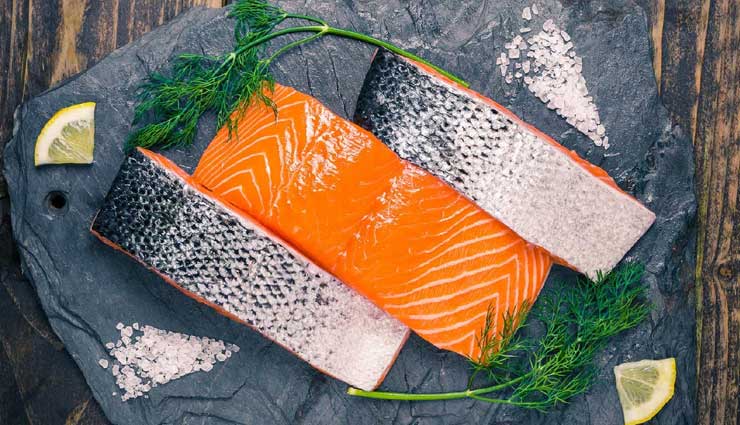
# Salmon
Rich in vitamin D and omega-3 fatty acids, salmon promotes oxytocin production. It may reduce stress, support childbirth, enhance maternal behavior, and improve blood flow to the brain.
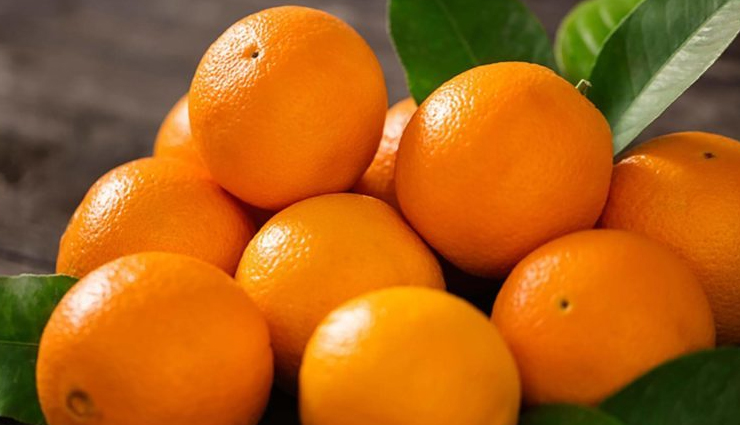
# Orange Juice
Packed with vitamin C, orange juice boosts oxytocin levels. It helps enhance mood, foster positive emotions, and encourage social interactions.

# Dark Chocolate
Dark chocolate is high in magnesium, which aids in releasing oxytocin from the hypothalamus and supports receptor function. It can help reduce the risk of preeclampsia and preterm labor in pregnancy.

# Coffee
Caffeine in coffee activates oxytocin neurons, improving energy, mood, and emotional responses. However, excessive consumption may negatively affect the hormone, so moderation is advised.
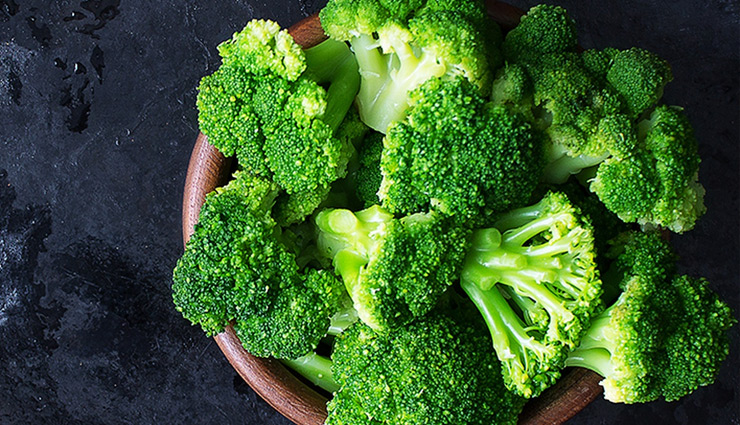
# Broccoli
Broccoli is an excellent source of vitamin C, which supports oxytocin production essential for social bonding, maternal behaviors, lovemaking, and lactation.
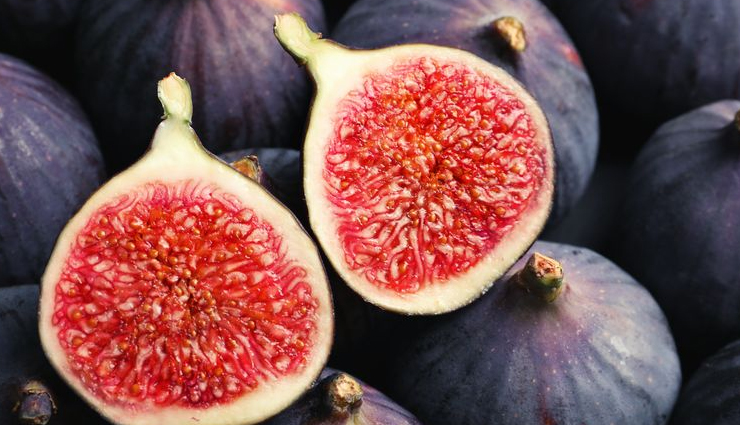
# Figs
Rich in magnesium, figs promote oxytocin release, enhancing well-being, stress relief, social bonding, and sexual behavior.
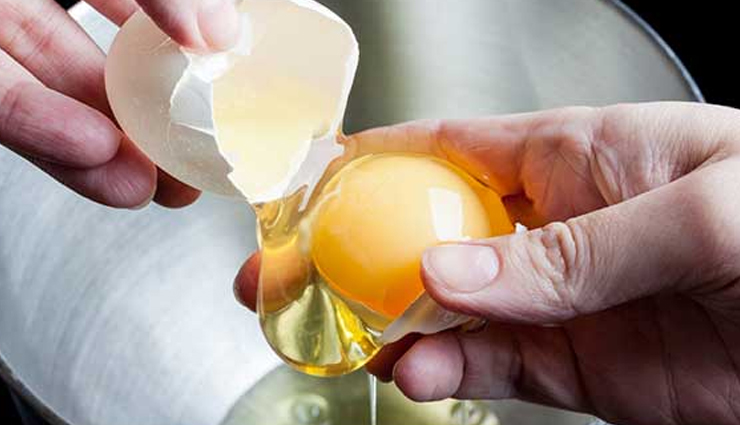
# Egg Yolks
Egg yolks are a source of vitamin D, which stimulates oxytocin production. In women, it supports ovarian function and pregnancy, while in men, it aids testosterone production and sperm movement.
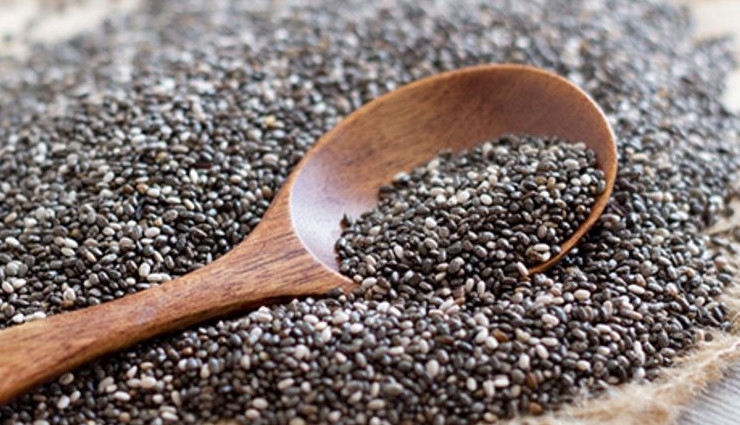
# Chia Seeds
High in dietary fats, chia seeds naturally increase oxytocin levels, improving social interactions, stress management, and mood stability.
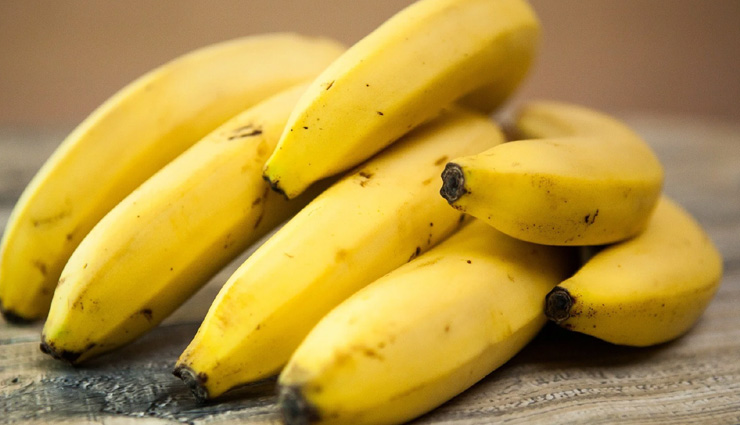
# Bananas
Bananas contain magnesium, which helps release oxytocin and supports its functions, potentially preventing psychiatric disorders like schizophrenia, anxiety, and autism.
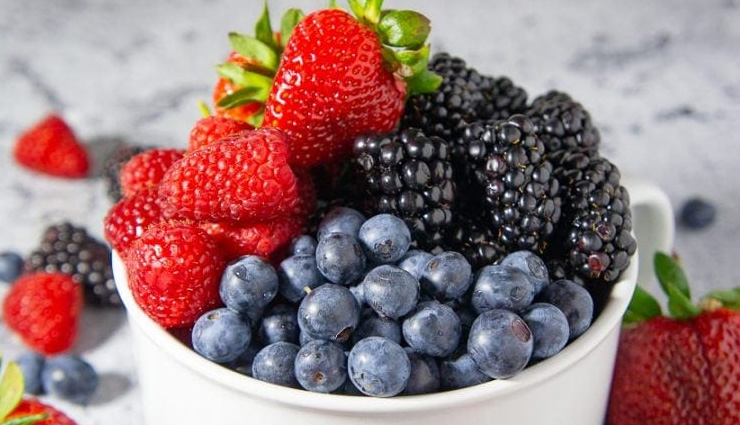
# Berries
Rich in antioxidants, particularly vitamin C, berries facilitate parental behaviors such as grooming and nursing during pregnancy and reduce the risk of preeclampsia.

# Acerola Cherries
With their high vitamin C content, acerola cherries enhance oxytocin levels, improving brain receptor function and protecting against cognitive decline.
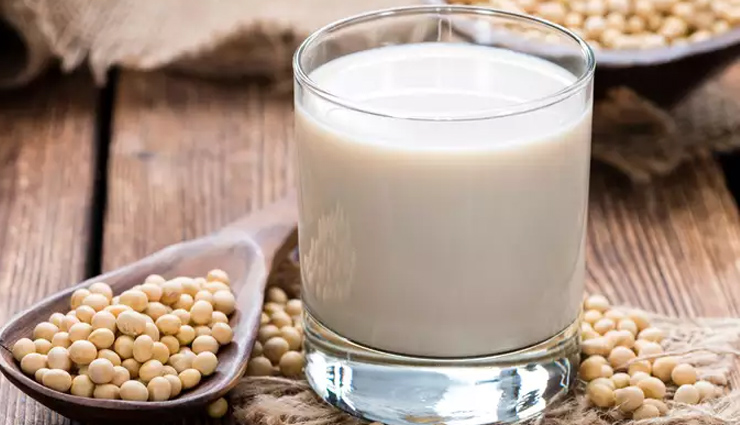
# Soy Milk
A good source of vitamin D, soy milk aids memory improvement, social bonding, and sexual behavior by enhancing oxytocin production.
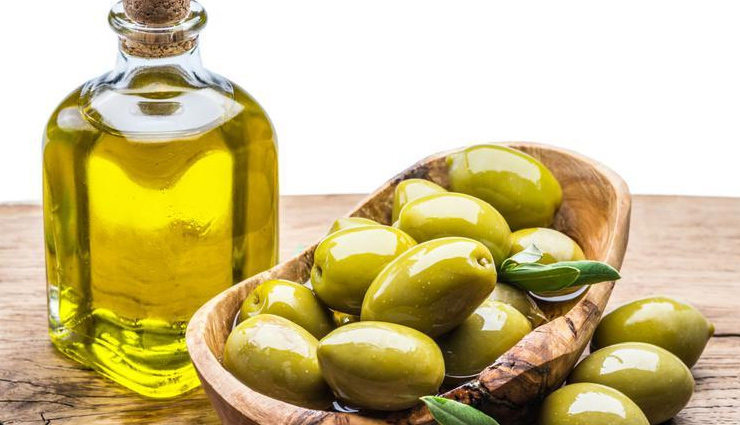
# Extra Virgin Olive Oil
This oil, rich in dietary fats, stimulates neurotransmitters like oxytocin, offering stress relief, joint pain reduction, and overall well-being.

# Meat Liver
Beef liver and other meat livers are rich in vitamin D, supporting oxytocin production and functions related to neuronal activity, sexual behavior, and mental health.
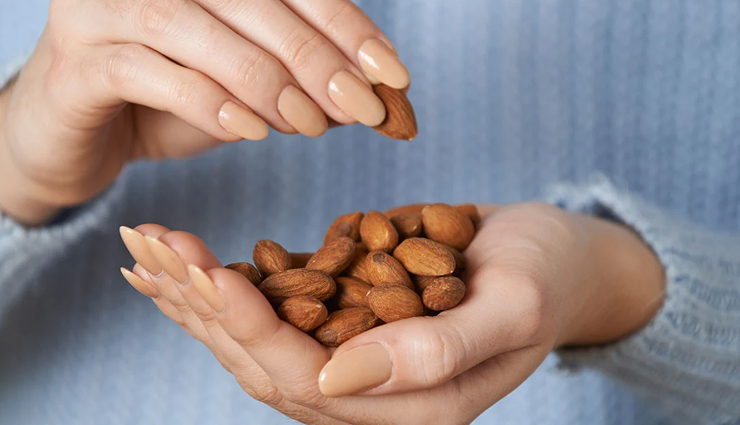
# Almonds
High in magnesium, almonds improve oxytocin receptor function, aiding in muscle and nerve repair.
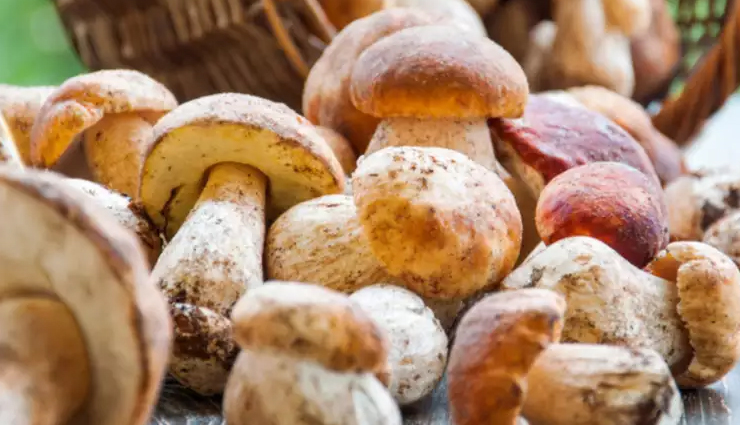
# Mushrooms
Rich in vitamin D, mushrooms promote oxytocin production, which improves social behavior, learning, and memory while reducing aggression and psychological symptoms.

# Butter
Butter, a source of saturated fats, stimulates oxytocin, enhancing mood, social functioning, and brain development, particularly in children.
Incorporating these foods into your diet can naturally elevate oxytocin levels, improving emotional, social, and physiological well-being.
Related Stories:





